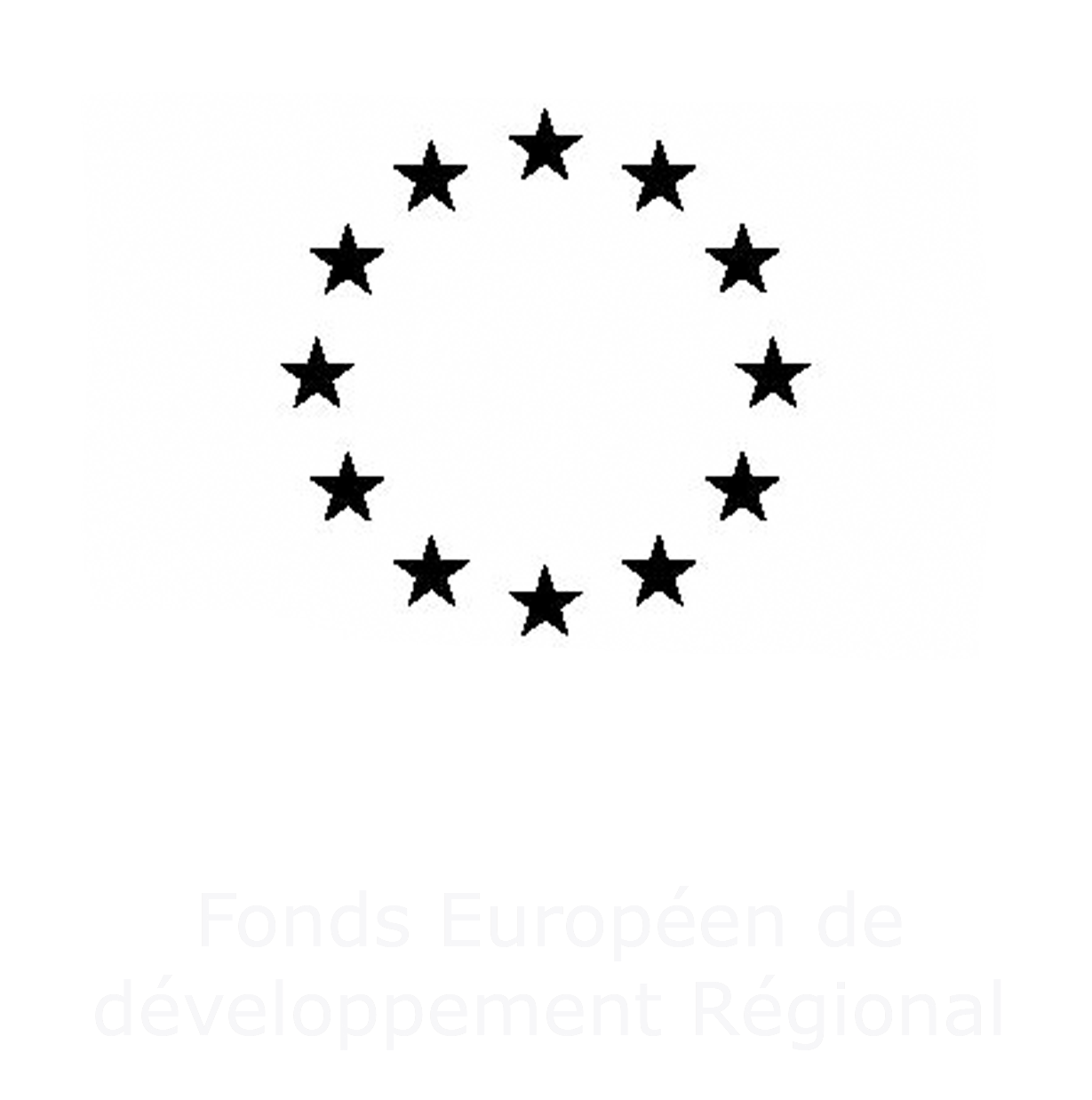Master’s 2 International and European Criminal Law
Training
Initial course and ongoing training throughout life
Level
five years of post-secondary education
Method
Classroom-based
Duration
Training, spread over two semesters, comprises 160 hours of lectures and 108 hours of tutorials and seminars, as well as a work placement lasting a minimum of 10 weeks or completion of a dissertation.
Course venue
Faculté de Droit et des Sciences économiques Site Turgot 32 rue Turgot Limoges Map
Contact details
Objectives
The Master’s in International and European Criminal Law focuses on the influence of European law and international law on French criminal law. It provides analysis and reflection on the Europeanisation of criminal law, European police and judicial cooperation in criminal matters and, more broadly, the construction of a European and global space for human rights.
The Master’s in International and European Criminal Law enables acquisition of a perfect mastery of the judicial system to the extent that the theme of basic human rights and criminal law is largely related to the trial. It also allows students to become familiar with international institutions (ICJ) and offers them the opportunity to orient themselves towards careers in humanitarianism and international law.
Skills
– extensive knowledge of criminal law, criminal procedure;
– understanding and explanation of a national, European or international legal decision;
– aptitude for both theoretical as well as applied research, a skill likely to be reinvested in any activity or function;
– analysis and processing of litigation files, legal advice, drafting of legal files;
– summary of legal documents, legal monitoring.
Number of ECTS credits: 120
Registration procedure
Registrations (registration files, transcripts, scholarships, validation of professional experience acquired, etc.)
5 rue Félix Eboué, B.P. 3127
87031 Limoges Cedex 1
Tel. 05 55 14 92 55 or 05 55 14 90 17
Fax 05 55 14 90 01
Email
Campus France
The University of Limoges belongs to the agency Campus France and the facility CEF (Centre pour les Études en France). International students who live abroad (outside the EU, excluding BGE/BGF [holders of scholarships awarded by the French government and foreign countries, respectively]), wishing to pursue their studies in Limoges, must file their applications with the agency Campus France. A Centre pour les Études en France exists in the following countries: Algeria, Argentina, Benin, Brazil, Burkina Faso, Cameroon, Chile, China, Colombia, Comores, Gabon, Guinea, India, Indonesia, Ivory Coast, Japan, Lebanon, Madagascar, Mali, Mauritius, Mexico, Morocco, Peru, Republic of Congo, Russia, Senegal, South Korea, Syria (suspended), Taiwan, Tunisia, United States, Vietnam. The procedure is dematerialised: for more information, please click on the link below.
Organisation of the curriculum
The training takes place in the form of lectures and seminars, requiring the writing of a research paper or a work placement, participation in seminars and conferences, and the Claude Lombois international criminal law competition.
The lectures for the Master’s in International and European Criminal Law are fully taught in France, while allowing, in Master’s 2, contact with international criminal jurisdictions. Thus, several seminars are taught by members of these jurisdictions. An annual teaching and research trip is organised at The Hague that extends a research project on one or two ongoing cases.
To the extent that the international and European dimension of the degree requires a good command of documents along with an openness to other legal systems and cultures, teaching emphasises use of the English language in a professional context: reading of judicial decisions, use of sources, drafting of summaries, oral presentation of legal files. To enhance the language skills of students, the master’s includes a specialised English course and an introduction or advanced course (depending on level) in another foreign language (German or Spanish) to facilitate access to international careers.
——————————————————————————————————————————-
Semester 3
TU European Criminal Law credits: 5
Criminal law and the ECHR
Criminal and European Union law
TU International Criminal Law credits: 5
Law of international criminal jurisdictions
Law of international mutual assistance
TU Methodology
Legal English
Research plan and bibliography (students conducting a research paper)
Documentary research
TU Seminars
Two seminars on international criminal justice (led by professionals)
International criminology (students participating in a work placement)
One seminar elective:
Communication and international criminal justice
The victim in international criminal courts
——————————————————————————————————————————-
Semester 4
TU International Criminal Law credits: 5
Application of French criminal law in space
Law of international crimes
TU History credits: 4
History of fundamental rights
History of criminal trials
TU Methodology and professional integration credits: 22
Legal English (specialised and advanced)
Optional:
Work placement
Dissertation
TU Final Exams credits: 8
Final written exam
Final oral exam
Further studies
Doctorate
Professional integration
The Master’s in International and European Criminal Law enables students to consider access to various positions or to participate in various competitions:
– careers in the humanitarian sector, in international law: roles in NGOs or international organisations,
– competitions to integrate international courts, etc.
– legal jobs: judiciary (judicial or
administrative), the Bar, counselling activities, etc.
– administration: State, community or international public service.

